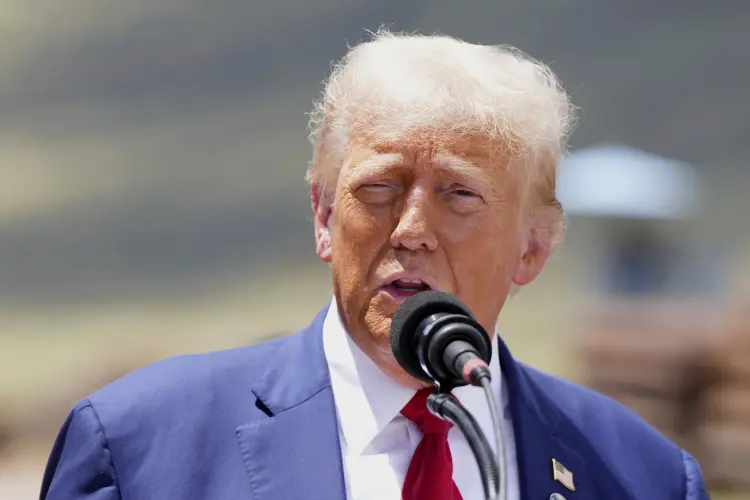Three Big Questions for the Fall
With the Democrats’ Chicago convention behind us, we’re finally on our way to the final stretch of the 2024 election. Vice President Kamala Harris begins this phase of the race with a 1.5-point lead in the RCP Average. What does this mean in terms of November? I think there are three big questions that will determine the outcome of the election.
Question 1: What happens after the thrill is gone? One thing pollsters whom I talk to agree on is this: Democratic Party enthusiasm is through the roof right now. Why wouldn’t it be? They’ve just survived a near-death experience with a candidate few of them were excited about in the first place. They have a fresh candidate who chose a running mate the party adores. She leads in the polls, the first time that has happened for a Democratic presidential candidate in almost a year.
And yet.
That surge in enthusiasm is a problem for polls. Basically, it’s more difficult to poll during periods of unbalanced enthusiasm, because partisans become asymmetrically willing to speak with pollsters in the first place. Moreover, Harris won’t have good news cycles forever. Her policy proposal for price controls landed with a thud, and sooner or later she will have to either embrace or attempt to back off a host of policy proposals that she made while running for president in 2019.
Harris’ candidacy began close enough to the election that the honeymoon might last until Election Day. But it might not. The truth is that her lead is actually a bit less than I would have expected given the adulatory press she’s received (that’s a descriptor, not a criticism). Trump actually leads in the Electoral College map, and Harris’ leads in a number of swing states are paper thin. It wouldn’t take that much of a slide for her to find herself back in a situation similar to Biden’s pre-debate standing. This also leads naturally to the next question …
Question 2: Will Trump overperform his polling again? If you’re reading this, I probably don’t have to remind you that in 2016 Donald Trump overperformed his polling significantly en route to the White House. Most polling post-mortems focused on incorporating more whites without college degrees into the sample, and we entered 2020 pretty confident that the polling had improved.
If anything, he overperformed his polling even more in 2020. It isn’t crazy, based on this track record, to think that his polling might understate his performance in 2024 as well.
But this puts an awful lot of faith in two observations. It could be that there are just Trump voters that pollsters cannot reach despite their best efforts. It could, however, also be true that this was the case in 2016, but that the unique circumstances of the 2020 pandemic election just made it difficult to poll in general. It could be that pollsters have figured things out for 2024; certainly the polling for 2022 was better than any cycle in the previous decade.
This is a roundabout way of saying: You should be aware of the fact that Trump has overperformed his polls (twice). You should be aware that he wouldn’t have to overperform them right now by nearly as much as he did in 2016 or 2020 in order to win this election. Finally, you should be aware that this is speculation based upon a small sample size; it’s not something you can take to the bank.
Question 3: Has Trump’s Electoral College advantage receded? A funny thing happened in 2022: House Republicans made substantial gains in the popular vote, but it didn’t translate into accompanying gains in seats. Why?
That’s a good question that lacks a satisfactory answer. One explanation, though, is that Republicans are running into a bit of the same problem that Democrats had in earlier years. Republicans now run up margins in rural areas comparable to those achieved by Democrats in inner cities. This means that Republicans are possibly beginning to suffer from some of the same problems of inefficient vote distribution that Democrats have had in recent years.
We don’t know for sure if this will continue into 2024, but if Trump continues to overperform in rural areas while hemorrhaging votes in the suburbs, his Electoral College edge could quickly evaporate.
2024 State Races
Get caught up on the most important polling for the most consequential races of 2024.

